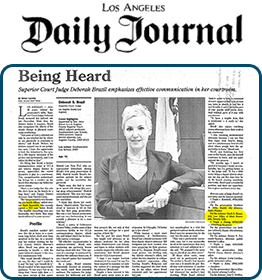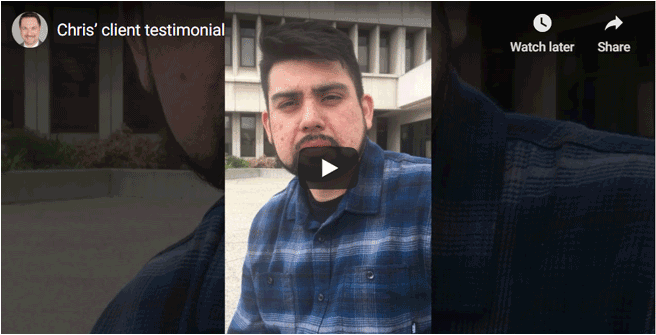Drivers between the Ages of 18 and 21 Are Legally Considered Adults
There are different time cut-offs. If we’re talking about someone who is 21 or older, the typical legal limit would be a 0.08 or above. If they are between 18 years and 21 years, they are considered adults; they are the age of majority so they are old enough to vote and be subject to the general criminal justice system.
Juvenile Court Consequences for Those Aged 15 to 17 Years Stopped for Drinking and Driving
When we see somebody who is under the age of 18 then we’re typically talking about juveniles. Drivers between 15 to 17 years old that drink and drive and are stopped will face consequences in juvenile court. If there is an injury and it’s filed as a felony, then there may be some exceptions but most of the time if the person is 17 years old or younger we will see a juvenile court proceeding with some sort of diversion and treatment rather than a full-blown conviction.
Records Sealed for Drivers 17 and Younger Who Complete a Diversion Program
Once the diversion program is completed for someone who is 17 or younger, those records are typically sealed and should not be used against that person in the future.
Drivers 16 to 17 Years Old Can Still Be Subject to the DMV Administrative Hearing Findings
There is a big distinction between juvenile court and the court justice system and the Department of Motor Vehicles. You may have someone who is 17 or 16 and gets a DUI and they have an administrative hearing. This means that the Department of Motor Vehicles has their own factual finding, has their own hearing and does their own suspension.
This administrative hearing is not part of the criminal justice system; it’s not sealed and administrative actions can start to add up and be used against the driver, even if they were a minor at the time.
If somebody 16 or 17 years old gets a DUI and they are convicted or they do a diversion program, that conviction goes away. But the DMV suspends the license for a year. For example, if they are then 19 years old when they get the license back and they get another DUI, they might be looking at a first time DUI as an adult.
The DMV Escalates Penalties for Subsequent Infractions, Even If the Driver Was a Minor Age for the First DUI Offense
But for the Department of Motor Vehicles it’s a second administrative action. This has greater consequences, longer license suspensions and, of course, all the consequences that come along with a suspended license such as ignition interlock devices and higher insurance rates.






 Personal Attention
Personal Attention Every criminal case is unique and no attorney can guarantee the outcome of a case. The information on this site is legal advertising and for general information only. Using this site, requesting books, information, consultations or communicating with Attorney Rosenfeld through its site does not form an attorney/client relationship.
Every criminal case is unique and no attorney can guarantee the outcome of a case. The information on this site is legal advertising and for general information only. Using this site, requesting books, information, consultations or communicating with Attorney Rosenfeld through its site does not form an attorney/client relationship.








